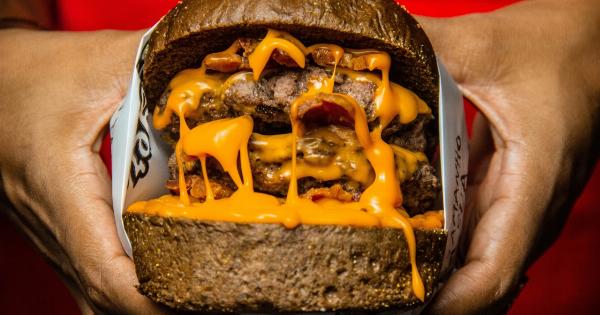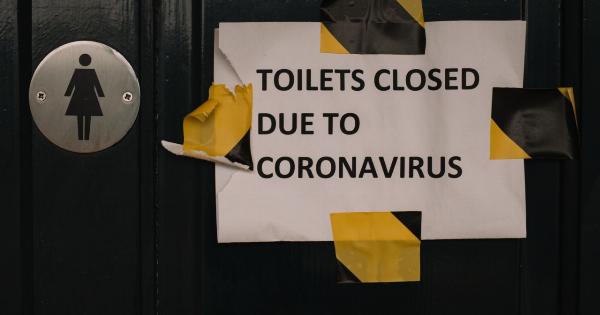Keeping your body hydrated is essential for overall health and well-being. Drinking an adequate amount of water each day helps maintain proper bodily functions, optimizes metabolism, and aids digestion.
However, many people struggle to meet their daily hydration needs without adding unnecessary calories. In this article, we will explore various strategies to hydrate your body effectively without consuming excess calories.
1. Prioritize Water Intake
Water should be your go-to beverage when it comes to hydration. It has zero calories, no added sugars, and is readily available.
The National Academies of Sciences, Engineering, and Medicine recommends a daily water intake of about 3.7 liters (or 15 cups) for men and 2.7 liters (or 11 cups) for women.
2. Infuse Your Water with Flavor
If plain water seems boring to you, try infusing it with natural flavors to make it more enjoyable. Add slices of citrus fruits like lemon, lime, or orange, along with some fresh mint or cucumber, for a refreshing twist.
These infusions not only enhance the taste but also provide a slight nutritional boost without adding many calories.
3. Opt for Herbal Teas
Herbal teas are a great alternative to calorie-laden sweetened beverages. They not only help to keep you hydrated but also offer various health benefits. Choose from an array of flavors like chamomile, peppermint, or hibiscus.
Herbal teas are usually calorie-free, unless sweetened with added sugars, so make sure to read the label before purchasing.
4. Enjoy Fruit-Infused Water
For those who prefer a fruity taste, fruit-infused water can be a delicious and hydrating choice. Simply add your favorite fruits, such as berries, watermelon, or pineapple, to a pitcher of water and let it infuse for a few hours.
This naturally sweet water provides a hint of flavor without the extra calories found in juice or soda.
5. Consume Hydrating Foods
In addition to drinking fluids, incorporating water-rich foods into your diet can contribute to your overall hydration.
Fruits and vegetables such as watermelon, cucumbers, strawberries, oranges, and lettuce have high water content and can help you stay hydrated. These foods are also nutrient-dense and packed with essential vitamins and minerals.
6. Avoid Sugary and Caloric Drinks
Many beverages on the market are loaded with added sugars and calories. These include soda, fruit juices, energy drinks, and sports drinks.
While they may offer temporary refreshment, they often lead to calorie intake without providing significant hydration. Opt for healthier alternatives like water, herbal tea, or unsweetened beverages to quench your thirst without adding unnecessary calories.
7. Monitor Your Alcohol Intake
Alcohol is diuretic, meaning it increases urine production and can contribute to dehydration. If you choose to consume alcohol, do so in moderation and make sure to drink water alongside alcoholic beverages.
This will help counteract the dehydrating effects of alcohol and maintain proper hydration levels.
8. Keep a Water Bottle Handy
Carrying a reusable water bottle with you throughout the day makes it easier to stay hydrated. Having water readily available discourages reaching for sugary drinks or opting to go without hydration altogether.
Find a bottle that suits your lifestyle, whether it’s a portable one for on-the-go or a larger one to keep at your desk or in your bag.
9. Set Hydration Reminders
In our busy lives, it’s easy to forget to drink enough water. Setting reminders on your phone or using hydration tracking apps can help you stay on track.
These reminders prompt you to drink water at regular intervals and serve as a gentle nudge to prioritize hydration while going about your daily activities.
10. Listen to Your Body
Evaluate your body’s cues for thirst and respond accordingly. Thirst is a reliable indicator that your body needs hydration. Don’t ignore these signals; instead, make it a habit to reach for a glass of water whenever you feel thirsty.
By listening to your body, you can provide it with the necessary fluids it needs to function optimally.































